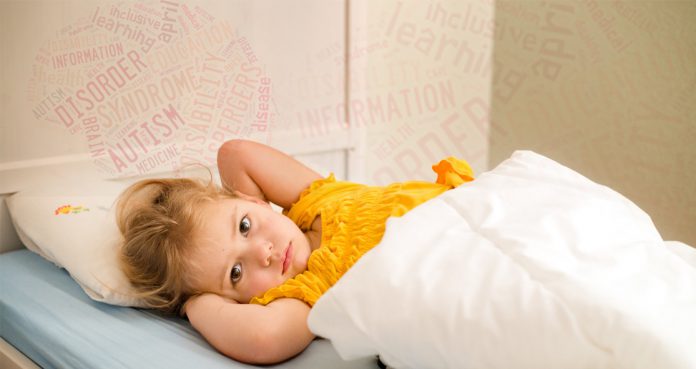A new study published in the journal Molecular Psychiatry has found that children who are deprived of sleep are more likely to develop mental health issues.
The study conducted by the researchers of the University of Warwick, England, suggests that the amount or duration of sleep children receive may influence their cognition and behavior.
The researchers believe that children who do not sleep enough are vulnerable to anxiety, depression, poor cognitive performance, and impulsive behaviors.
They said sleep is an active process that supports the reorganization of brain circuitry, which is why sleep is extremely important during childhood when the brain is developing and reorganizing rapidly.
Study co-author Prof. Edmund Rolls from the University of Warwick said, “These are important associations that have been identified between sleep duration in children, brain structure, and cognitive and mental health measures, but further research is needed to discover the underlying reasons for these relationships.”
The study looked at nearly 11,000 children between the ages of 9 and 11 and found that shorter sleep duration is associated with psychological issues, such as anxiety, depression, poor cognition, and impulsive behavior. In addition, children with sleep deficits were found to have depression a year later.
The researchers found that certain brain areas showed a lower brain volume in children with shorter sleep duration. Those brain areas had less volume than expected.
Another study co-author Prof. Jianfeng Feng said, “The recommended amount of sleep for children 6 to 12 years of age is 9-12 hours.”
“However, sleep disturbances are common among children and adolescents around the world due to the increasing demand on their time from school, increased screen time use, and sports and social activities,” added Prof. Feng.
One study has found that more than 60 percent of American teenagers sleep less than eight hours on school nights.
“Our findings showed that the behavior problems total score for children with less than 7 hours sleep was 53 percent higher on average and the cognitive total score was 7.8 percent lower on average than for children with 9-11 hours of sleep,” said Prof. Feng. “It highlights the importance of enough sleep in both cognition and mental health in children.”























